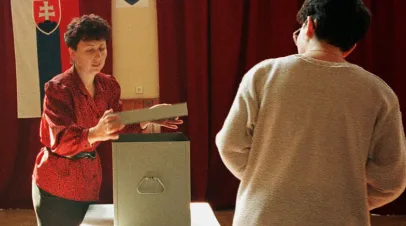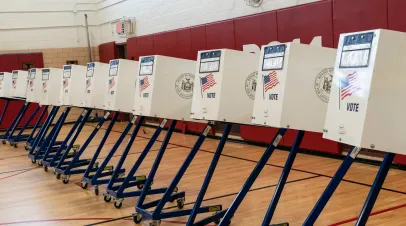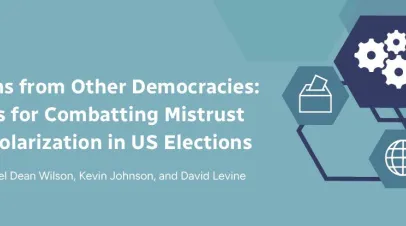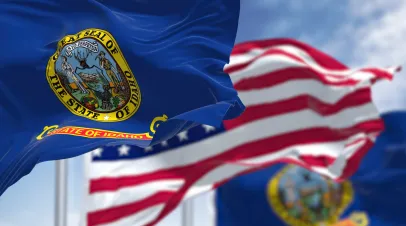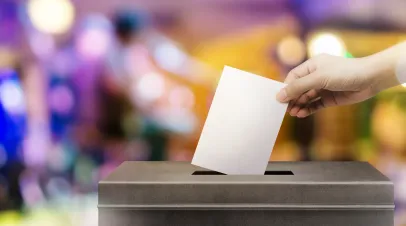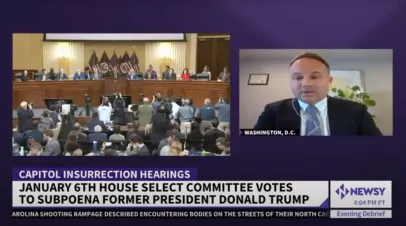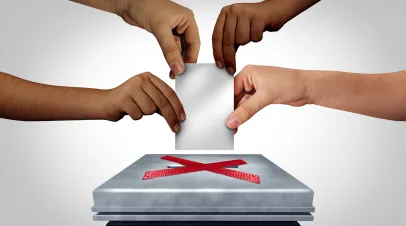David Levine
Former Senior Elections Integrity Fellow, Alliance For Securing Democracy
My Areas of Expertise:
David Levine is a former Senior Elections Integrity Fellow, Alliance For Securing Democracy at GMF.
Media Mentions
Featured Work
Image

March 14, 2024
Moldova is due to hold its next presidential election in autumn this year. Laurențiu Pleșca and David Levine write that given the high risk of Russian...
Image
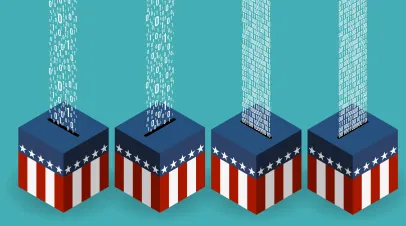
February 13, 2024
As the 2024 US presidential and congressional elections approach, the use of artificial intelligence (AI) threatens to further undermine public...
Image
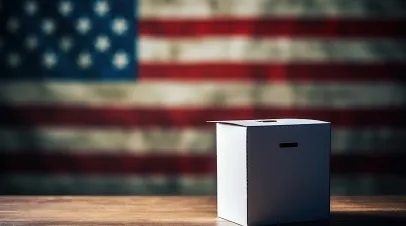
January 11, 2024
This year’s US presidential primaries will determine who will lead the country come January 2025 amid growing autocratic threats to American democracy...
Image
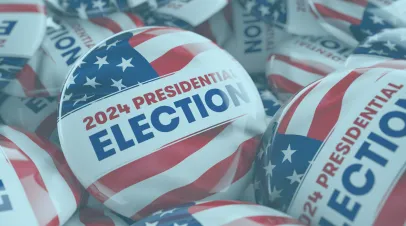
March 27, 2023
Image
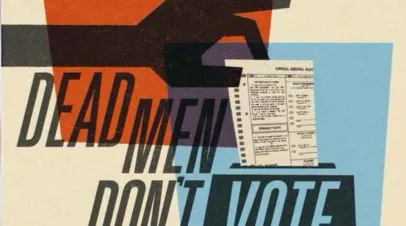
March 23, 2023
Image
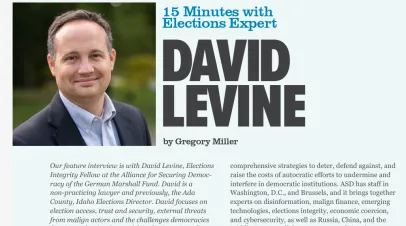
January 3, 2023
Image
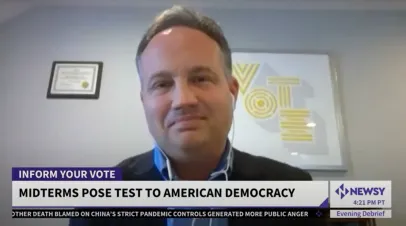
Image
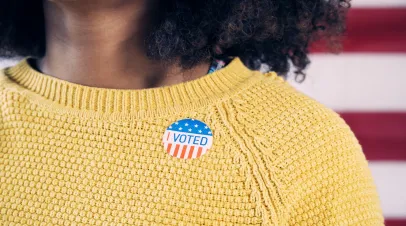
November 4, 2022
Image
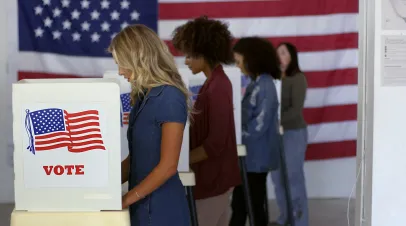
November 3, 2022
Image
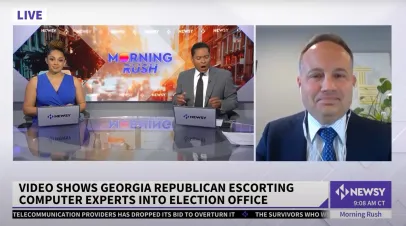
Image
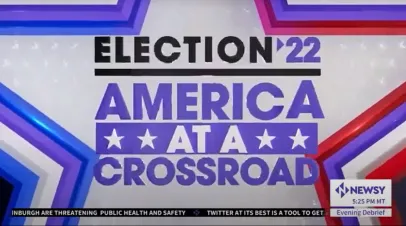
September 2, 2022
Image
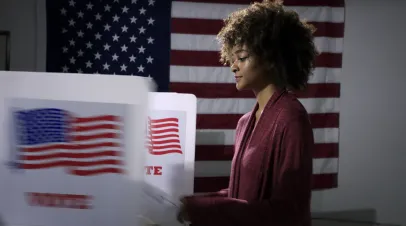
September 2, 2022
Image
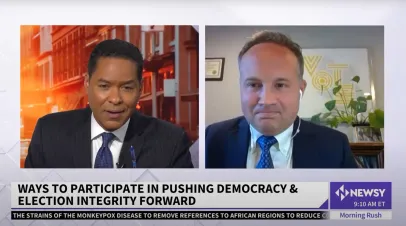
Image
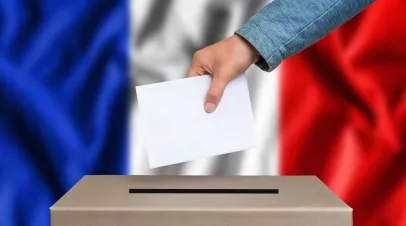
April 8, 2022
In its 2017 presidential election, France withstood one of the most significant efforts by the Kremlin to interfere in a democratic country’s...
Image

January 6, 2022
As 2022 begins, eyes are trained on the Ukraine-Russia border as the potential for Russian escalation looms large. ...
Image
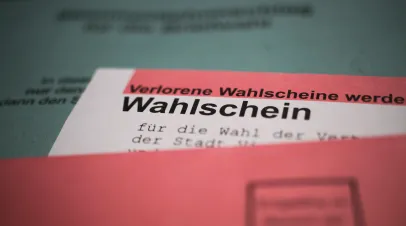
September 3, 2021
Sooner or later harmful trends observed in the United States often take hold in Germany. ...
Image

April 2, 2021
In January, less than two weeks before Portugal’s presidential election was scheduled, a new wave of the coronavirus threatened to overwhelm hospitals...
Image
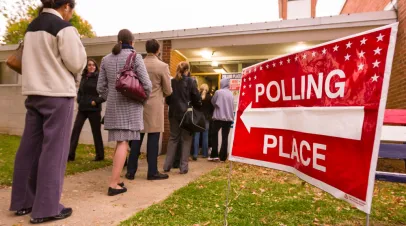
September 25, 2019
Last week, the Senate Appropriations Committee approved $250 million in funds to support state and local government efforts to strengthen election...

